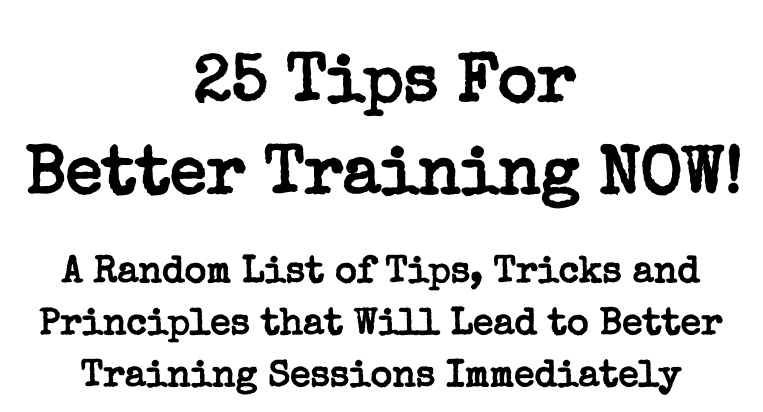This is a continuation from Part 1 which you can find by clicking here: Fake News, Part 1
BTW: this a LITERAL continuation. I wrote the post in its entirety. it was 7,000 words and ain’t nobody got time for that. So I tried to find logical ending points every 1500-2500 words and break it up. SO, like I said, GO READ PART 1. Then come back and hit up part 2.
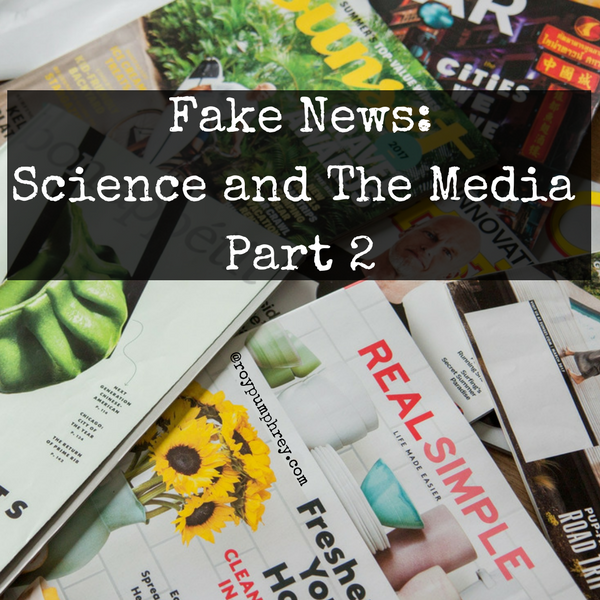
Artificial Sweeteners Cause Weight Gain
I’m not gonna lie, I hear this the most and it always has me feeling like:
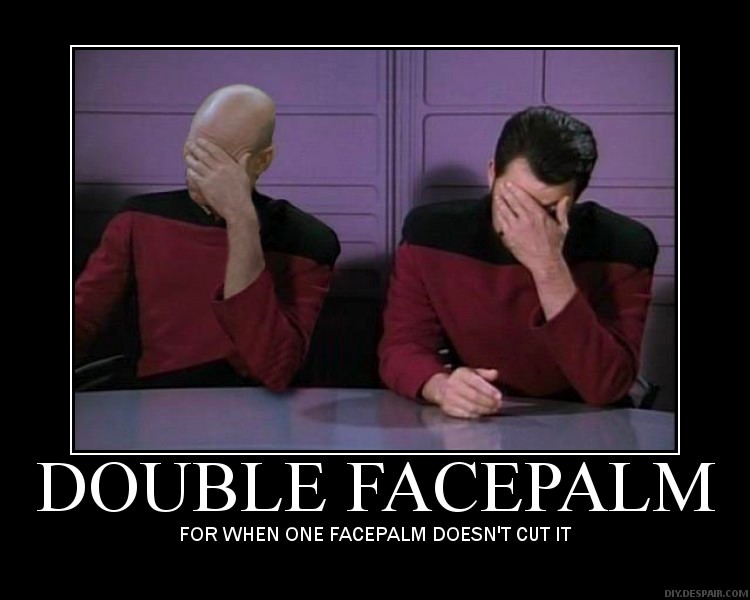
Wait But What?
Artificial sweeteners have a VERY low-calorie content.
For all intended purposes its ZERO.
How the hell could they cause weight gain?
“A new meta-analysis and systematic review finds mixed evidence to support use of artificial sweeteners for weight loss and suggests routine consumption may be associated with long-term weight gain and an increased risk of cardiometabolic disease” –Medscape
They Have ZERO Calories?
This literally violates the LAW(s) OF THERMODYNAMICS. <—-energy is neither created nor destroyed, only transformed.
If “Artificial sweeteners”, a broad range of substances whose actual chemical composition varies wildly, could all be causing weight gain simply because they have the same effect (but are structurally different and contain no calories) would be groundbreaking.
It would mean our understanding of caloric measurement, metabolism, digestion, all would be called into question….<—-its science, keep in mind this could be a possibility. Maybe we just screwed it all up previously?
Nope, we didn’t….
The Earth is Still Round and a Calorie is Still a Calorie
#physics #readaphysicsbooknotayoutubevideo
It’s a misunderstanding / lack of education on research design.
Which you’re not going to get in-depth here. But can here.
Epidemiological vs Controlled Trials.
Epidemiologic Study:
A study that compares 2 groups of people who are alike except for one factor, such as exposure to a chemical or the presence of a health effect; the investigators try to determine if any factor is associated with the health effect
Controlled Trial:
A clinical study in which one group of participants receives an experimental drug while the other receives either a placebo or an approved–’gold standard’ therapy.
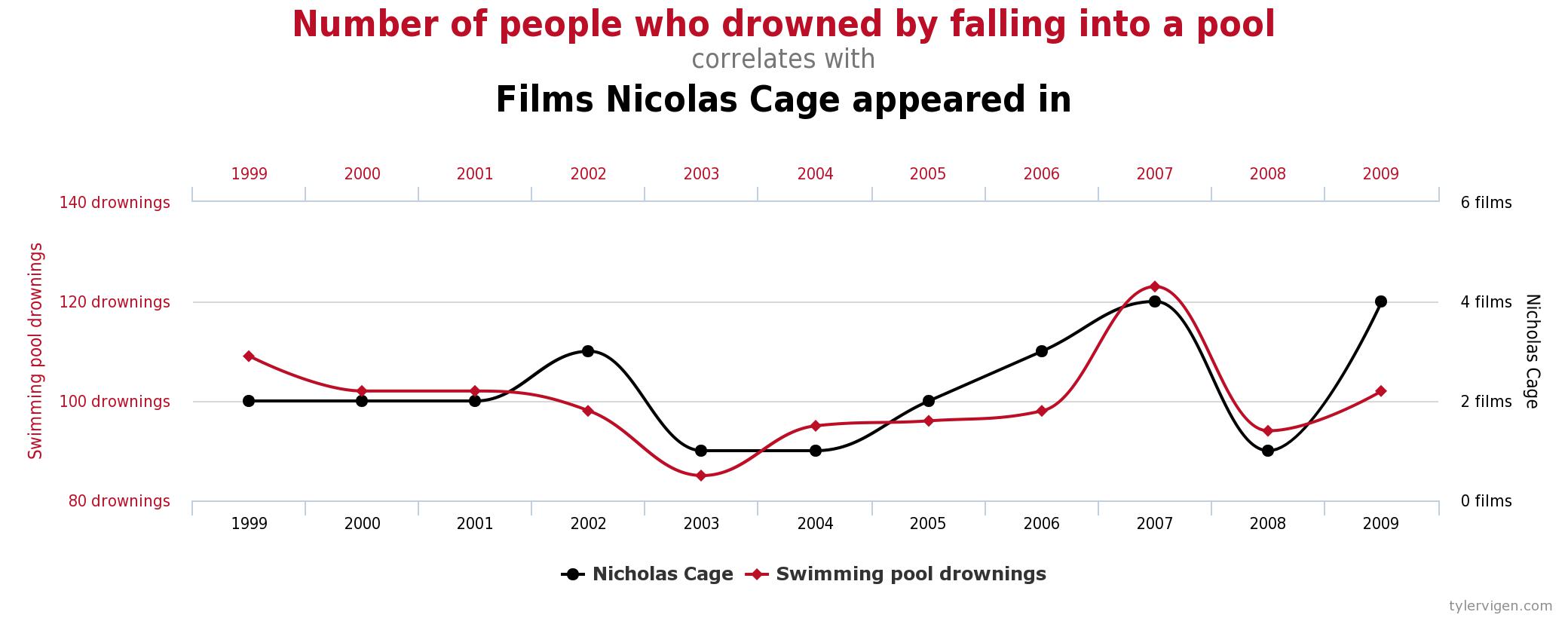
When someone says “Study” everyone thinks of the classic,
intervention group/ control group- intervention- effect- conclusion
Where one group does x, one group does Y and we see what the difference or effect was vs known\ probable outcomes.
But that’s, not how a LOT/ MOST of the “popular”/ high-profile, media communicated, science is actually done.
Most of the TV reported science is epidemiological in nature.
Especially in Nutrition and Fitness.
Most nutrition and exercise science is done through the use of dietary recall, surveys.
Many observational studies — and other nutritional research — rely on surveys. After all, the scientists can’t hover over every single person and watch what they eat for decades. So they have subjects report on their diets.This poses an obvious challenge. Do you remember what you ate for lunch yesterday? Did you sprinkle nuts or dressing on your salad? Did you snack afterward? Exactly how many potato chips did you eat?Chances are you probably can’t answer these questions with any certainty. And yet, a lot of nutrition research today rests on just that kind of information: people’s self-reporting from memory of what they ate.
When researchers examined these “memory-based dietary assessment methods,” for a paper in the Mayo Clinic Proceedings, they found that this data was “fundamentally and fatally flawed.” Over the 39-year history of the National Health and Nutrition Examination Survey — which is a national study based on self-reported food intake — the researchers found that the alleged number of calories consumed by 67 percent of the women in the study was not “physiologically plausible” given their body mass index. – Vox
It’s not very scientific, at least, not in the way most people think of scientific.
There are LOTS of variables that can’t be accounted for.
- People lie
- People are not educated on things like portion sizes
- People forget
- People stop the “intervention”
- You can’t equate for caloric intake, movement, metabolism, body mass (fat vs fat-free)
- Cant account for micro and macro nutrient breakdowns
- No accounting for food quality (lets face it broccoli is different from Oreos).
Better Put:
It is extremely difficult to do long-term experiments in people for many reasons of practicality and cost. …….There may be many reasons for this: differences in subjects, inclusion criteria, dose or duration, therapeutic window, etc., but we also must consider that the observational data may lead us astray. There are underappreciated interdependencies in observational variables that cannot all be statistically accounted for. Bier’s cautions on such data should be uncontroversial. Associations uncovered in observational studies are hypothesis, they cannot infer causality, and drawing conclusions from them are fine as long as their uncertainty is acknowledged where they are used. In practice, however, these rules are often not followed.- ASN
Even More Better(er) Explained:
In many areas of medicine, the randomized controlled trial is considered the gold standard for evidence. Researchers will take test subjects and randomly assign them to one of two groups. One group gets a treatment; the other gets a placebo.
The idea is that because people were randomly assigned, the only real difference between the two groups (on average) was the treatment. So if there’s a difference in outcomes, it’s fair to say that the treatment was the cause. (This was how James Lind figured out that citrus fruits seemed to have an effect on scurvy.)
The problem is that it’s just not practical to run these sorts of rigorous trials for most important nutrition questions. It’s too difficult to randomly assign different diets to different groups of people and have them stick with those diets for enough time to find clues about whether certain foods caused certain diseases.- Vox
And that might just be the issue with all of the epidemiological data that comes to a conclusion which violates the laws of thermodynamics and shows a “link” between artificial sweeteners and weight gain.
Maybe the observational studies are not really looking at what they think they’re looking at and adjusted for other variables the association fades away.
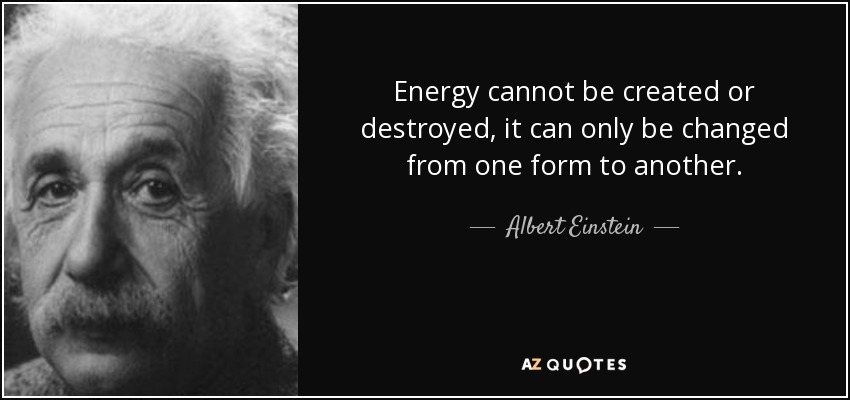
If we Accept a Calorie Being a Calorie
Thermodynamics dictate that a calorie is a calorie regardless of the macronutrient composition of the diet. – Am. Journal of Clinical Nutrition
We MUST ACCEPT that there is most likely only an ASSOCIATION between near zero calorie sweeteners and weight gain….
In contrast to the epidemiologic literature, the majority of human intervention studies suggest neutral or beneficial effects of low‐calorie sweetener use for weight management. This is particularly the case when NNSs (non-nutritive sweeteners) are compared with caloric sweeteners or when NNSs are used as part of comprehensive dietary and behavioral weight loss interventions. While recent meta‐analyses and systematic reviews have disagreed as to whether NNSs are truly beneficial the replacement of sugar‐sweetened beverages with NNSs appears to be helpful for weight management, especially among individuals who are cognitively engaged in weight loss. –Obesity
Soooo, when we CONTROL the intake of calories, the laws of thermodynamics are suddenly reestablished, calories count again and the near ZERO calorie sweeteners, don’t have calories and don’t MAKE you gain weight.
Those other behaviors created a caloric surplus
and resulted in weight gain.
In fact, artificial sweeteners may help you lose weight (versus sugar containing beverages).
Hell, artificial sweeteners might be even more effective than water when it comes to weight management,
several recent trials have indeed compared NNSs (non-nutritive sweetener, ie artificial sweetener) with water, two of which have reported that there are benefits to diet beverages. The administration of diet beverages led to both significantly greater weight loss during the intervention as well as to less subsequent weight regain during the maintenance period- Obesity
What Had Happened Was:
The PRACTICAL information from the research was that you can’t undo a crappy diet by drinking a Coke Zero, with your Big Mac and Super Sized Fries. <—see my point?
Instead of READING and Understanding the Actual Studies and Reporting the Actual Findings, what those findings mean and how they’re applicable to REAL LIFE PEOPLE.
The Media Ran With The Hyped.
The FAKE NEWS.
Lets face it, the headline,
Diet Coke Makes You Fat
Will sell a hell of a lot more papers and get more clicks than,
Diet Coke Will Have No Effect On Your Weight.
This is why it’s REALLY IMPORTANT, when you can, to:
READ THE STUDY….
“I’m Really Concerned About the Link Between Artificial Sweeteners and Dementia”
That’s what a client wrote me with a link to this article:
Diet Soda Tied To Dementia And Stroke
Paragraph 1:
“A new study links diet soft drinks to an increased risk for stroke and dementia.”
Paragraph 2:
“Researchers studied more than 4,000 people over 45 who had filled out food-frequency questionnaires and had periodic health examinations between 1991 and 2001. The scientists tracked their health over the next 10 years and found 97 cases of stroke and 81 cases of dementia.”
I think we can all see where this is going…..
Paragraph 3:
“The study, in the journal Stroke, found that compared with those who did not drink diet soda, people who drank one to six artificially sweetened drinks a week had twice the risk of stroke. There were similar, although weaker, associations for dementia risk. The reasons for the link remain unknown.”
Or what we (and the NY Times) could just do <— well, the NY Times should do, cause it might be their job
READ THE STUDY:
Cause I found this nugget of gold in the Discussion portion of the ACTUAL Publication and it may just differ slightly from the conclusion in the Times,
Previous studies linking artificially sweetened beverage consumption to negative health consequences have been questioned based on concerns regarding residual confounding and reverse causality, whereby sicker individuals consume diet beverages as a means of negating a further deterioration in health. Indeed, in our study, diabetes mellitus—a known risk factor for dementia—was more prevalent in those who regularly consumed artificially sweetened soft drinks. Diabetes mellitus status also partially mediated the association between artificially sweetened soft drink intake and incident dementia. Because our study was observational, we are unable to determine whether artificially sweetened soft drink intake increased the risk of incident dementia through diabetes mellitus or whether people with diabetes mellitus were simply more likely to consume diet beverages.– Stroke (5th paragraph down in the Discussion)
Wait But What?
If you had already had diabetes you were more susceptible to developing dementia or experiencing a stroke over a 10 year period.
Isn’t diabetes already a major predictor for cognitive disease?
“Focusing on dementia, It is important to note that the study sample for dementia had a mean age of 69 years ( SD 6 years) at onset of the study and they were followed up for 10 years. Out of 1484 participants 81 developed dementia ( 5.45%). This is fairly similar to prevalence figure in general population for that age group, so the study sample appears fairly representative.– Dr Sujoy Mukherjee, Consultant Psychiatrist (Old Age), West London MH NHS Trust
“Crucially, the association with stroke and dementia disappeared after adjusting for diabetes and vascular risk factors, such as high blood pressure and prior heart attack. In other words, individuals who drank a lot of artificially sweetened beverages already had cardiovascular risk factors which explained their risk of dementia or stroke, rather than the drinks per se.- Dr Amitava Banerjee, Senior Clinical Lecturer in Clinical Data Science and Honorary Consultant Cardiologist at UCL
Sooo, maybe the “Link” to Dementia and Stroke wasn’t such a “link” after all?
Which is Why We Must READ the Study:
I know, most people don’t have access to most studies, especially ones that get published in the most prestigious journals.
If a paper is published in Science, Cell, Nature, JAMA, etc.
The average joe isn’t going to be able to access the full article (unless you pay like $40-100) and abstracts are often not enough.
Plus, who the hell wants to spend all day reading science articles?
I mean, really, do you like to watch paint dry?
BUT, with many of the articles reported on TV you can get a pretty good review of them from a reputable/ unbiased, science based source, and sometimes you actually can get the whole paper.
Bro Tip:
Granted it’s NOT the best, most scientific, way to go about this, but we all have limited time and lives to live.
Just skip to the Discussion and Conclusion if you do read an actual scientific paper.
Usually that’s where the authors will tell you what really happened in the study, what they think it means and how its applicable.
Yes, I know, the design and methods are valuable too, but like I said,
And the authors of the study are almost always a LOT less definitive and about 100% more skeptical and reserved about their findings than the 6pm talking head.
Which is why most papers end with,
“more research is needed in this area”
Remember, its that whole evidence vs proof thing.
Stay tuned for Fake News: Science and the Media, Part 3 next week


